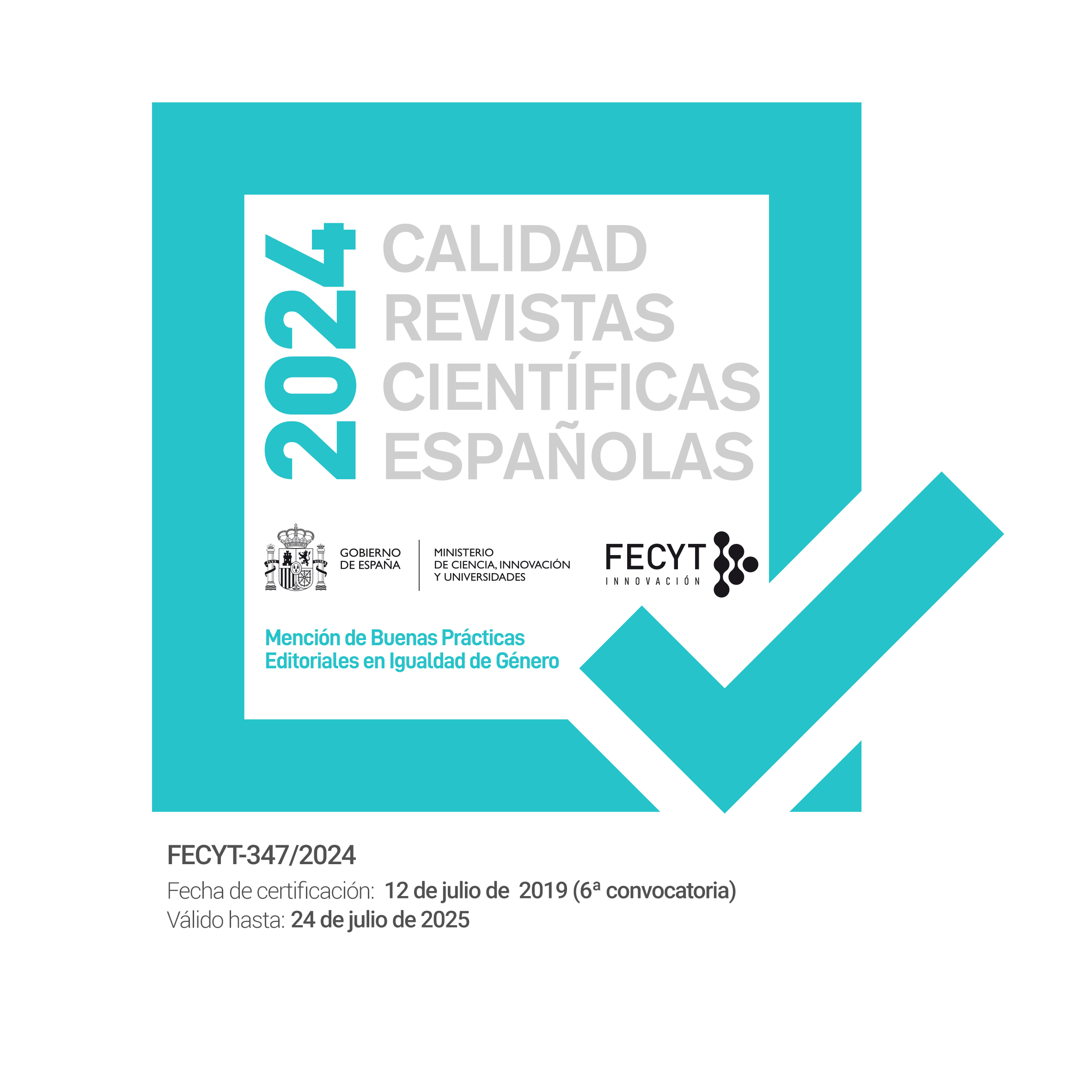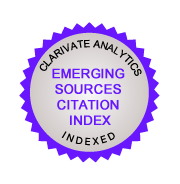REAL MUSEUM, IMAGINARY MUSEUM: REFLECTIONS ON THE CONCEPT OF THE MUSEUM AS A STAGE FOR METAMORPHOSIS
DOI:
https://doi.org/10.5944/etfvii.1.2013.8469Keywords:
museology, metamorphosis, imaginary museumAbstract
Ever since its inception as public institution in the 18th century, the museum has favoured several interpretations of the work of art, alterations that imply both a change in its semantic and a revision of the very same concept of art. These metamorphoses take place not only within the confined walls of the traditional museum but also in many wall-less museums. Approaches such as the imaginary museum, virtual and endless repertoire of pieces of art, open countless perspectives to how the museums are perceived as containers of the western memory. This paper focuses on the role of the museum as metamorphosis scenery through the thoughts of artists, writers and intellectuals that have felt attracted to this question since the dawn of the museum.Downloads
Downloads
Published
2014-02-16
How to Cite
Marcén Guillén, E. (2014). REAL MUSEUM, IMAGINARY MUSEUM: REFLECTIONS ON THE CONCEPT OF THE MUSEUM AS A STAGE FOR METAMORPHOSIS. Espacio Tiempo y Forma. Serie VII, Historia del Arte, (1), 129–145. https://doi.org/10.5944/etfvii.1.2013.8469
Issue
Section
DOSSIER
License
Authors who publish in this journal agree to the following terms:
- Authors retain copyright and grant the journal right of the first publication with the work simultaneously licensed under a license Creative Commons Reconocimiento-NoComercial 4.0 Internacional that allows others to share the work with an acknowledgement of the work's authorship and initial publication in this journal.

- Authors are able to enter into separate, additional contractual arrangements for the non-exclusive distribution of the journal's published version of the work (e.g., post it to an institutional repository or publish it in a book), with an acknowledgement of its initial publication in this journal.
- Authors are permitted and encouraged to post their work online (e.g., in institutional repositories or on their website) prior to and during the submission process, as it can lead to productive exchanges, as well as to earlier and greater citation of the published work (See The Effect of Open Access).








